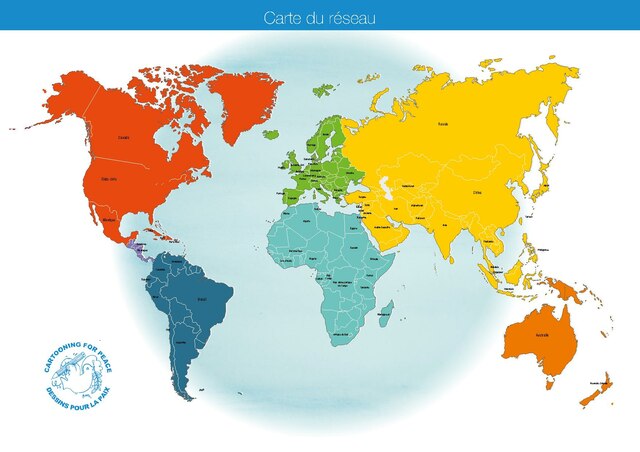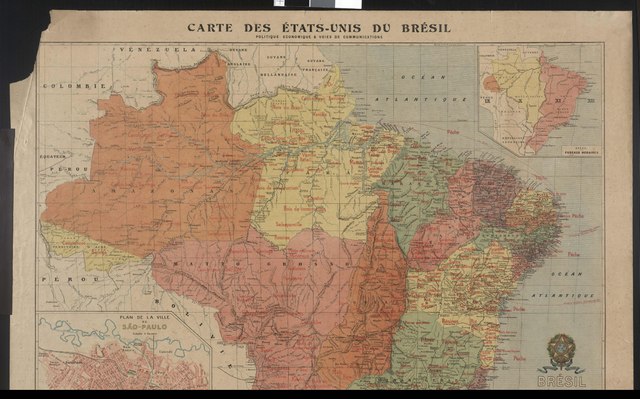









Équateur and Brésil share a rich tapestry of historical and cultural connections, impacting trade, migration, and international relations. This article delves into these multifaceted interactions, highlighting their significance in contemporary geopolitics.
Historical Context: A Legacy of Interactions
- Colonial Influences: The histories of Équateur (Ecuador) and Brésil (Brazil) are deeply intertwined due to colonial activities. Both nations were influenced by European powers—Spain in Ecuador's case and Portugal in Brazil's, leading to shared colonial legacies and cultural exchanges.
- Independence Movements: The fight for independence in the 19th century saw figures like Simón Bolívar play a role in both regions, fostering a sense of shared identity and purpose, which still resonates today.
Cultural Ties: The Heartbeat of Two Nations
- Cultural Exchange: The shared indigenous heritage and Afro-Brazilian influences have created unique cultural landscapes in both countries. Festivals, music, and art forms often reflect a blend of these backgrounds, showcasing a vibrant cross-cultural tapestry.
- Language and Communication: While Spanish is the official language of Ecuador and Portuguese of Brazil, there are regions where indigenous languages are prevalent, reflecting the deep-rooted cultural connections.
Economic Relationships: Trade and Investment
- Trade Agreements: The establishment of trade agreements between Ecuador and Brazil has fostered economic ties, particularly in agriculture, oil, and manufacturing sectors. Brazil represents a significant market for Ecuadorian goods.
- Investment Flows: Brazilian investments in Ecuadorian infrastructure projects, such as roads and energy, highlight the interdependence of their economies. Conversely, Ecuadorian exports, primarily bananas and shrimp, have a vital place in the Brazilian market.
Migration Patterns: Movement Between Borders
- Migration Trends: The movement of people between Ecuador and Brazil has historical roots, primarily driven by economic opportunities. In recent years, economic challenges in Ecuador have led to increased migration towards Brazil.
- Integration Challenges: While migration fosters cultural exchange, it also presents integration challenges. The influx of Ecuadorians into Brazilian cities raises questions about social services, employment, and cultural assimilation.
Environmental Concerns: Shared Challenges
- Amazon Rainforest: Both countries share significant portions of the Amazon rainforest, making environmental policies crucial not only for ecological preservation but also for the livelihoods of indigenous populations.
- Deforestation Issues: Tackling deforestation and climate change remains a shared challenge. Collaborative efforts are necessary to address illegal logging, mining, and agricultural expansion that threaten this vital ecosystem.
Political Dynamics: Cooperation and Tension
- Bilateral Relations: The political relationship between Ecuador and Brazil has experienced fluctuations, marked by periods of cooperation and tension. Leaders from both countries have often sought to align on regional issues, yet differing political ideologies can create friction.
- Regional Organizations: Both nations are part of regional organizations like UNASUR and MERCOSUR, where they collaborate on various issues. However, their divergent policies sometimes lead to disagreements in these forums.
Future Outlook: Opportunities and Challenges Ahead
- Strengthening Ties: As both countries navigate global challenges, there lies an opportunity to strengthen ties through economic partnerships, cultural exchanges, and environmental cooperation.
- Addressing Inequalities: Social inequalities remain a significant challenge in both nations. Collaborative efforts to promote social justice and equitable economic growth will be essential in shaping their future relationship.
Conclusion: The Path Forward
The relationship between Équateur and Brésil is complex and multifaceted, shaped by historical legacies, cultural exchanges, economic ties, and pressing environmental concerns. As both nations look to the future, the potential for collaboration exists, provided that they address the challenges that lie ahead. The enduring connections between these two nations serve as a testament to their intertwined destinies, illustrating the importance of understanding and cooperation in an increasingly globalized world.
